A Senior Academic Staff Developer and Director of the Bath Scheme at the University of Bath, Rachael Carkett completed her degrees at Plymouth University where she held a variety of roles as Research Assistant and Lecturer. Rachael moved from her discipline of Psychology into Educational Development in 2000. She has held roles as Principal Lecturer, Learning and Teaching consultant, leading and managing professional development programmes at Plymouth University and Teesside University before moving to Bath in 2008. Rachael is an HEA Accreditor and SEDA PDF Mentor and Accreditor. She gained Principal Fellow of the HEA in 2014 and Senior SEDA Fellow in 2013.
What can you see outside of the window?
Norwood House, Library and 3W and 1W (well I think it is), a seagull or two and, as it's Spring - some flying ducks!
What does your average day at work involve?
It really depends on the time of the year to a certain extent, but generally it will be responding to a lot of emails, delivering workshops, developing and updating resources for the Bath Scheme, preparing for teaching, assessing Bath Course coursework (it never ceases to end, it seems), building relationships with staff and departments, and undertaking teaching observations.
Why do you think teaching at your university is important?
Teaching for me is about providing an effective learning environment that all students/learners can engage with, develop skills and develop professionally and personally. Most graduates will enter the world of work outside of academe, therefore having a set of graduate skills and attributes developed through their education here will hopefully benefit them and society. Having an education provides choices and I feel privileged to be able to contribute to a person’s professional development in whatever way I can. Of course I learn an awful lot whilst I'm teaching as well.
What do you hope the impact of your teaching will be?
To equip and develop confident and competent staff who are able to provide an effective learning environment for their students.
'What would I take to a desert island? A spade to dig for treasure'
Who has inspired you most in your teaching career?
One of my colleagues from the department where I first starting teaching. For me they demonstrated what student-centred learning was all about and it informed and framed my approach to teaching and supporting learning.
When did a lecture go wrong and how did you overcome it?
Very early in my teaching career I didn’t know how to manage classroom behaviour. I knew I couldn’t ignore the rumbles at the back of the lecture theatre which got louder and louder, but I didn’t know how to address it. I discussed the issue with experienced colleagues and then, on their advice, I introduced some ground rules the next time I taught them. It worked and it is something I tend to do at the start of any teaching I do now. I have a discussion as to how we (me and the participants) will work together through the module and what the expectations are for both of us.
Recommend a book, film or album from the past year.
Not new this year, but new to me: Islands by Essential Einaudi (CD); The Imitation Game (film on TV); The Tiger who Came to Tea by Julia Donaldson—my grandson loves it.
What is the biggest change that you've made to your teaching since you started your career?
Moving from teaching undergraduates to teaching staff. Also my teaching and support of learning now incorporates a lot more learning technologies than I ever used before.
What piece of advice would you give to someone just starting out in teaching at your university?
Be authentic and take opportunities to learn from others.
What three things would you take to a desert island?
A banana tree (in case there isn’t one and I eat a banana every day), an almanac and a spade to dig for treasure.
Respond


